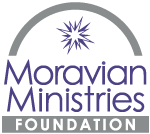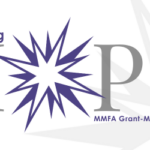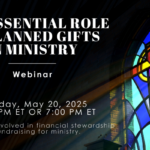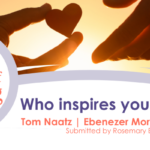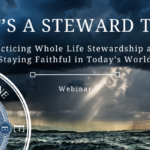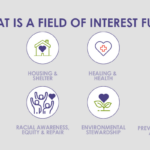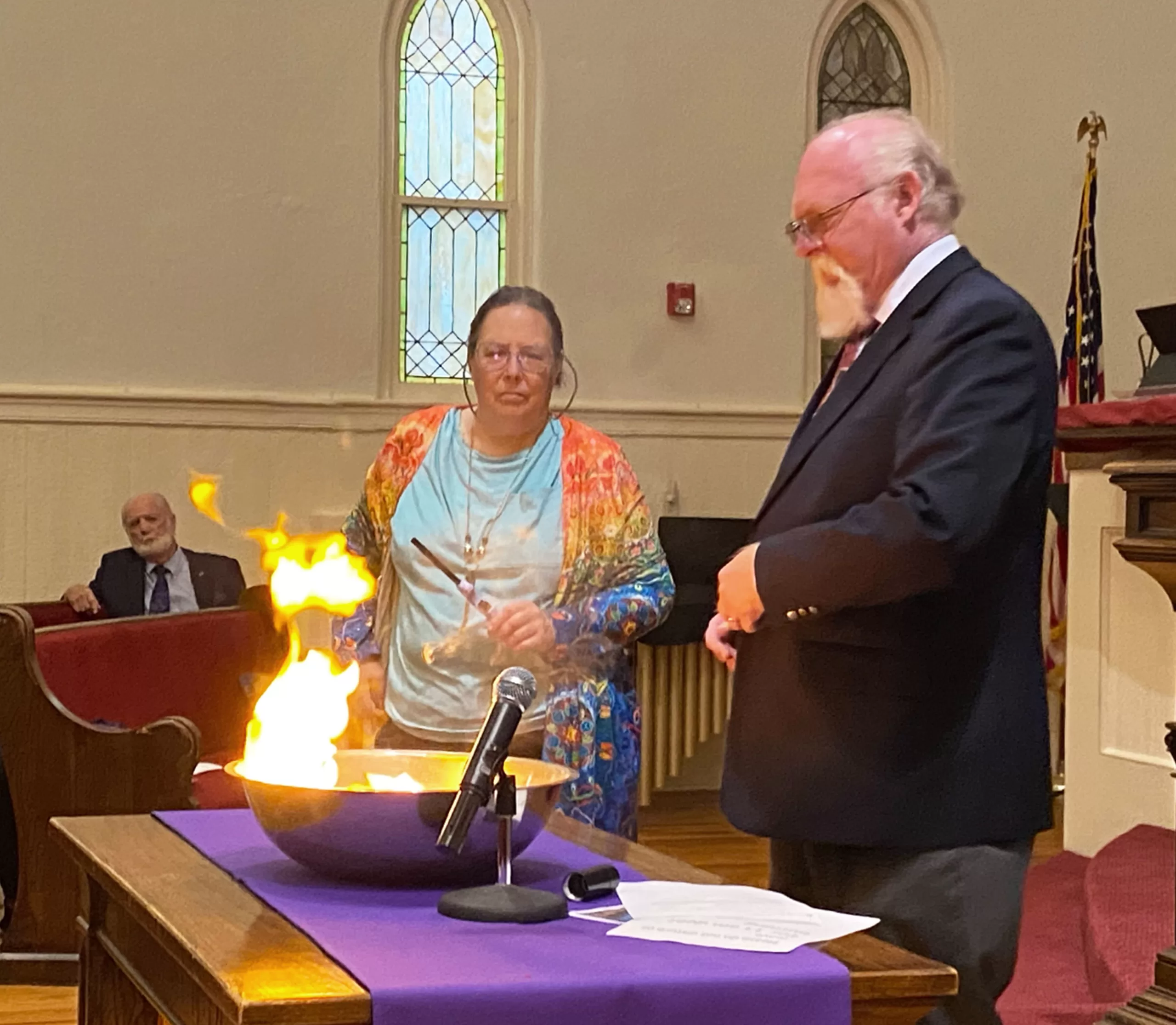
Debt forgiveness is one of the oldest requirements of God’s people (see Deuteronomy 15:1-2). And if you have contributed to the Moravian Healing & Health Field of Interest Fund, you have honored and participated in this act of mercy.
In 2022 Trinity Moravian Church in Winston-Salem, NC received a grant for $2,500 from this Healing & Health Fund to use as matching incentives for their Debt Jubilee Project. The ministry is an on-going expression of love to their neighbors.
The problem
A recent Census Bureau analysis on medical debt found that 17% of households owed medical debt in 2019. Sixteen million people (6% of adults in the U.S.) owe more than $1,000 in medical debt. Three million Americans owe more than $10,000 in medical debt. This is true, even though 91.4% of Americans have some type of medical insurance (either private or government-provided). Most of us remain one major illness or medical crisis away from financial ruin. As much as 2/3 of bankruptcies are attributed directly to medical debt.
There have been significant changes in the way medical debt affects credit reports over the last two years. These changes mean paid medical debt no longer appears on reports. Unpaid medical debt greater than $500 will no longer appear on credit reports until it has remained unpaid for one year. Even so, medical debt can affect a person’s credit score (and therefore their ability to access basic necessities such as housing and transportation) if that debt is:
- Unpaid for more than a year
- Greater than $500
- Turned over to a collection agency
- Charged to a credit card that carries a balance
Unpaid debt is usually sold at a deep discount to an aggressive third-party collection agency, according to The Rev. John Jackman, pastor at Trinity Moravian Church. Such groups are motivated to make a profit by collecting more of the debt than they paid for it. Unpurchased debt may linger in the background for 7 years.
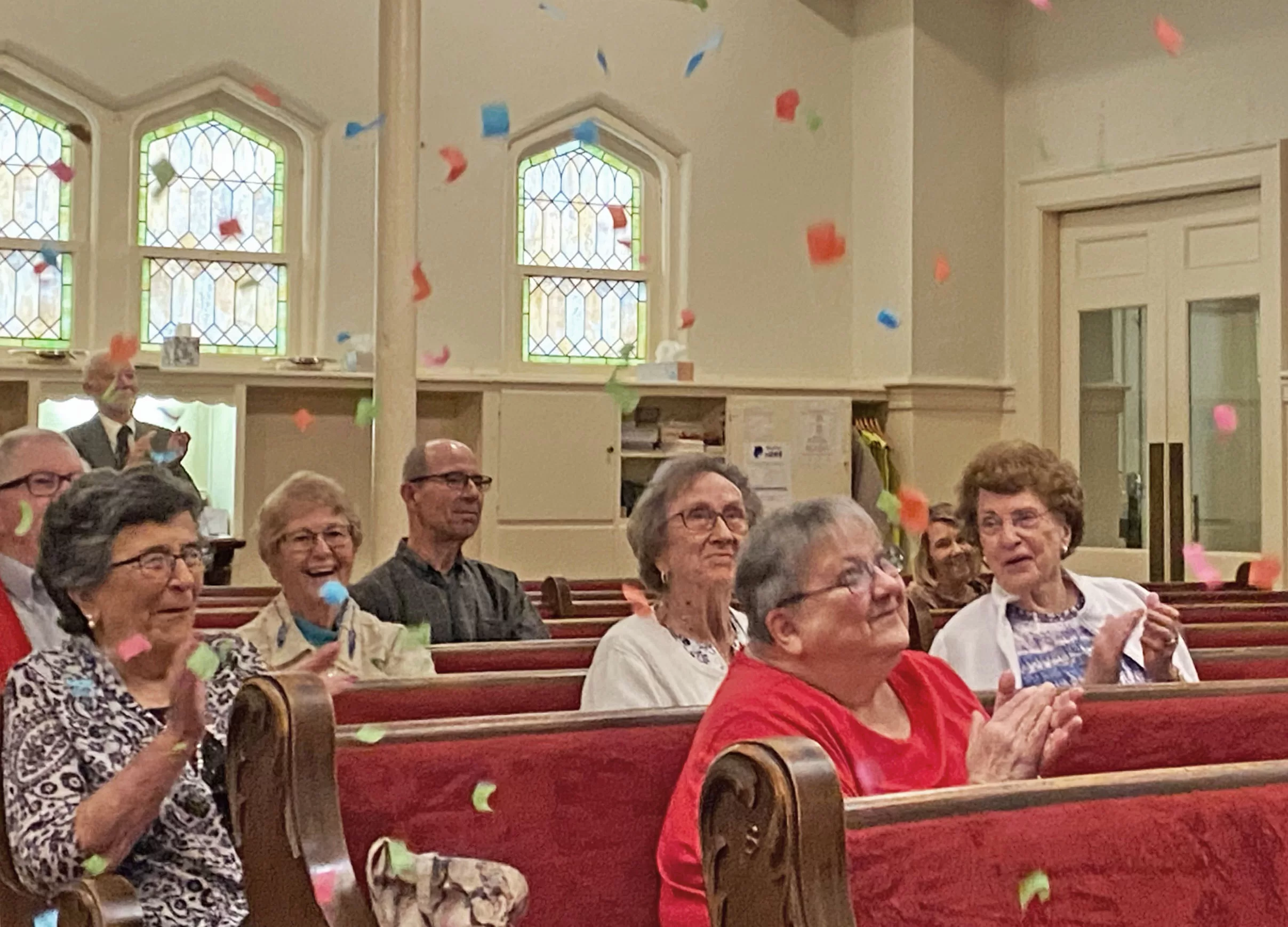
The solution
Trinity Moravian Church’s Debt Jubilee Project, in conjunction with RIP Medical Debt, use the same rules debt collectors use to acquire debt at deep discounts.
“This is a wholesale approach,” said Jackman. “We bid on a portfolio of debts pre-qualified by the RIP Medical Debt’s standards. There is no way for us to go in and purchase a specific debt.”
Once purchased, the portfolio of debt is forgiven. The individuals and families are notified by letter that the debt is forgiven. Future collection attempts are stopped. There are no tax consequences or penalties to consider. And, since the debt is now paid, it can no longer appear on credit reports.
In his sermon on March 26, 2023, Jackman said we all have received a letter of forgiveness as he held up the Bible. It’s even bigger and more inclusive than the letters canceling medical debt.
Most recent results
The recently-celebrated campaign (Trinity’s second) ended January 31st. It purchased and forgave $3,295,863.64 in medical debts for a fraction of the actual debt. For $15,000, including the $2,500 grant through the Moravian Ministries Foundation in America, Trinity provided relief for thousands of North Carolina families. The campaign canceled debt for 3,133 families in Davidson County, 155 families in Davie County, and 67 families in Yadkin County.
A continuing ministry
This was not Trinity Moravian Church’s first (or last) effort at debt elimination. Their first project (Summer of 2022) canceled $1,165,796.61 in medical debts for 1,356 families in Forsyth and Davidson counties.
Trinity Moravian Church partnered with RIP Medical Debt because of their flexibility to work with individual congregations (or groups of congregations) to develop their own campaigns. Projects as small as $5,000 and regions as small as individual counties are possible. For specific regions, RIP Medical Debt will check on how much debt is available for purchase. Winston-Salem area churches are welcome to participate as partners in Trinity Moravian Church’s ongoing campaigns.
Their next campaign will focus on Yadkin, Surry, Stokes, and Rockingham counties.
